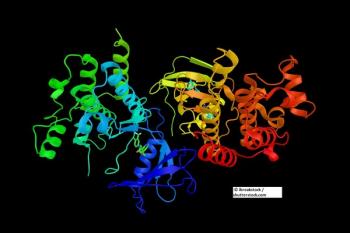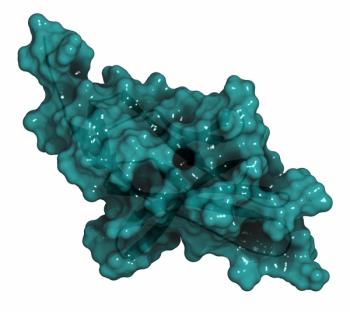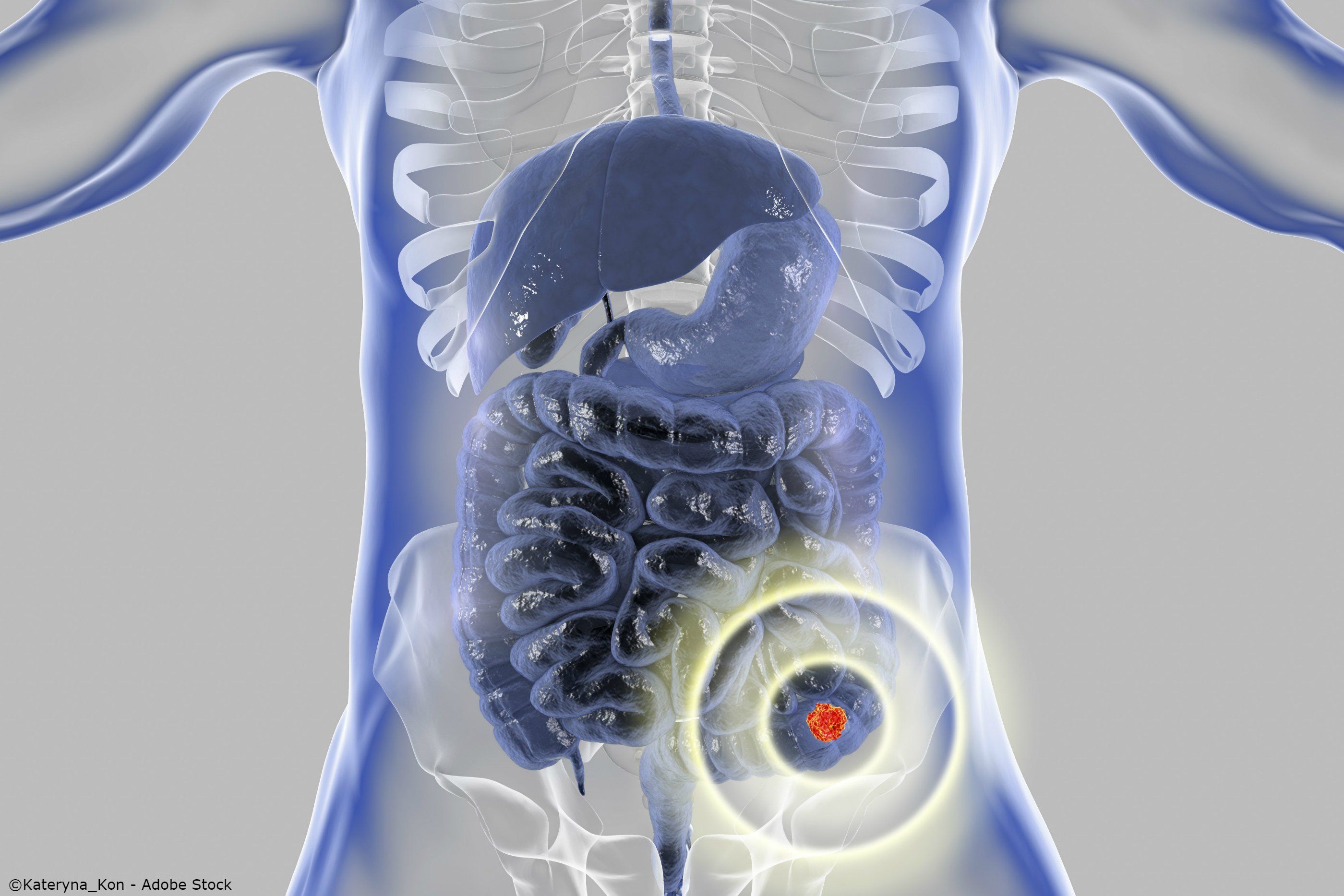
Colorectal Cancer
Latest News
Latest Videos

CME Content
More News

The FDA approved the combination use of encorafenib and cetuximab for the treatment of adult patients with BRAFV600E-positive metastatic colorectal cancer.

The trial evaluating the first-line treatment of pembrolizumab in patients with microsatellite instability-high or mismatch repair deficient unresectable or metastatic colorectal cancer demonstrated improved PFS compared with chemotherapy.

ASCO released new guidelines for treating patients with late-stage colorectal cancer based on previously existing guidelines using an expert panel.

Researchers reported on the incidence and outcomes of the SARS-CoV-2 infection, which has been linked to COVID-19, in patients with cancer who were treated at a tertiary cancer institution in Wuhan, China.

In this study, researchers found that endoscopic therapy was the most effective strategy for patients with T1 CRC with less aggressive biomarker profiles and laparoscopic colectomy was the most effective for patients with more aggressive profiles.

This study examined the association of disease progression and the deterioration of health-related quality of life for patients with metastatic breast, pancreatic, lung, and colorectal cancer.

The biologics license application was supported by findings from a global, randomized, controlled phase III clinical trial, evaluating the efficacy, safety, and immunogenicity of MYL-1402O versus bevacizumab.

Therapy-associated polyposis was found to have similar features to various hereditary colorectal cancer symptoms, and recognition of it could have implications for cancer risk and screening among childhood and young adult cancer survivors.

Researchers indicated that a lack of understanding of the mechanism and efficacy of PD-1/PD-L1 inhibitors is the major barrier for prescription of these inhibitors in Chinese tumor treatment-related departments.

Researchers indicated that using observed incidence rates from patients with colorectal cancer alone to assess potential screening outcomes may underestimate cancer prevention benefits.

Postmenopausal women who had low perceived social support before their diagnosis had higher overall and CRC-specific mortality in this study.

The expert spoke about ongoing trials of novel treatment strategies that may lead to the development of new therapies in this space.

The patients with BRAF V600E-mutant metastatic colorectal cancer whose disease had progressed after 1 or 2 prior regimens reported substantial improvements in quality of life over the current standard of care.

Given the data presented in this abstract, researchers indicated that it is crucial that further research works toward eliminating these disparities.

Similar health risks for colorectal cancer were observed in both African Americans and whites, though this study indicated that benefit from greater adherence may be higher at the population level for African Americans.

Researchers indicated the importance in improving access to and uptake of CRC screening in these underserved populations.

Although researchers determined which regimen was preferred among physicians in treating metastatic colorectal cancer, they found that shared decision-making should include observation as an acceptable option.

Researchers assessed whether ctDNA could accurately differentiate metastases during the neoadjuvant period after surgery to guide therapy adaptation.

Though physical activity guidelines are largely based on chronic diseases like cardiovascular disease and diabetes, these data suggest they are important to cancer prevention as well.

The use of aspirin 3 or more times a week was associated with a reduction in all-cause, cancer, gastrointestinal cancer, and colorectal cancer mortality in adults 65 and over, according to a study published in JAMA Network Open.

The final results from the evaluation of 42 patients, based on predefined criteria, indicated that the therapy warrants further study.

Screening colonoscopy rates for colorectal cancer increased in low-income Latino populations when accompanied by patient navigation.

Molecular testing provided the clinical data and mutation profile of Chinese patients with colorectal cancer in this retrospective study.

A quality improvement study indicated that nudges in the electronic health record were associated with a significant increase in clinician ordering of screening tests for breast and colorectal cancer.

A postsurgical circulating tumor DNA analysis after surgery and adjuvant chemotherapy may identify patients with stage III colorectal cancer at high risk of recurrence.











































